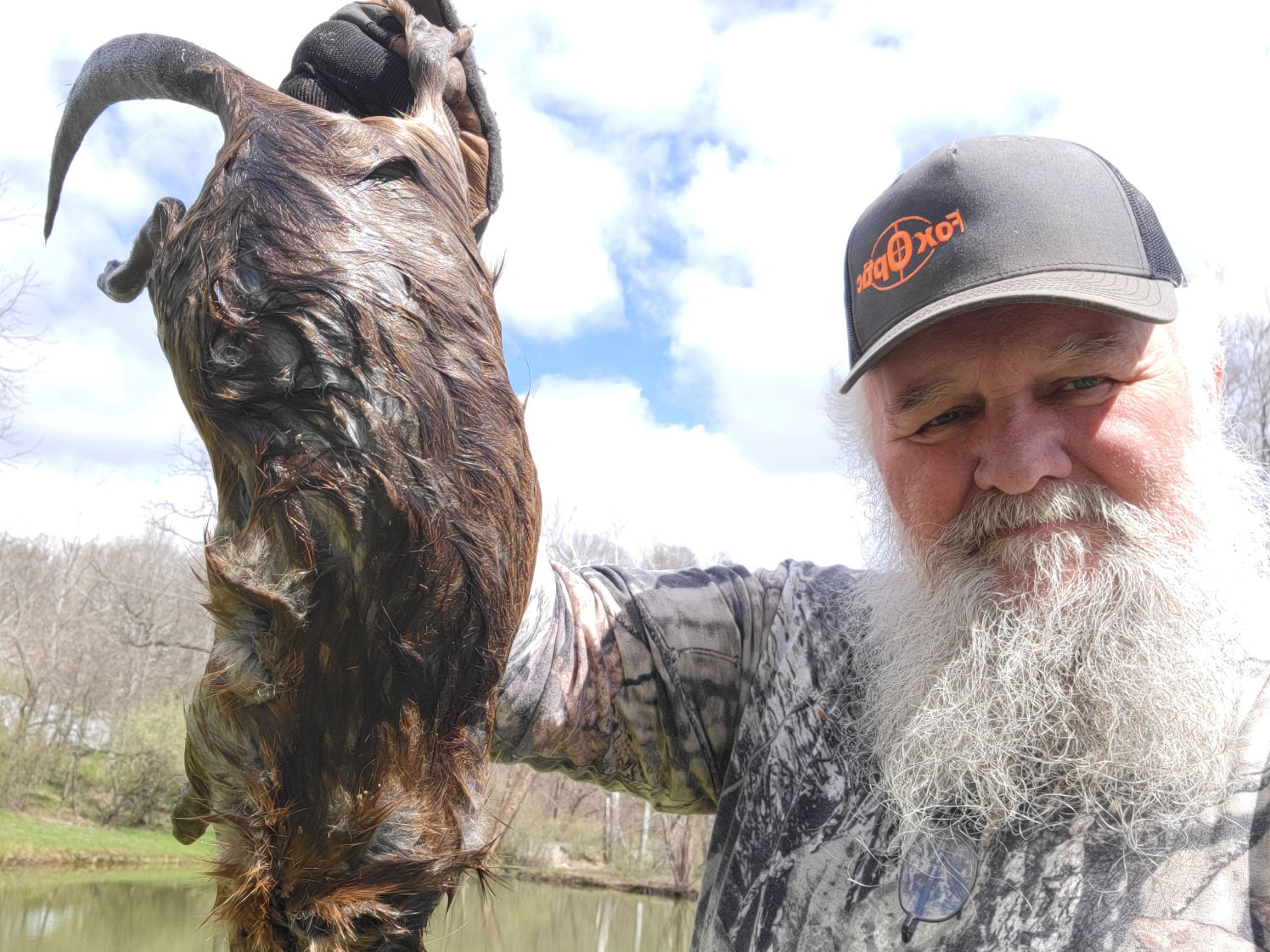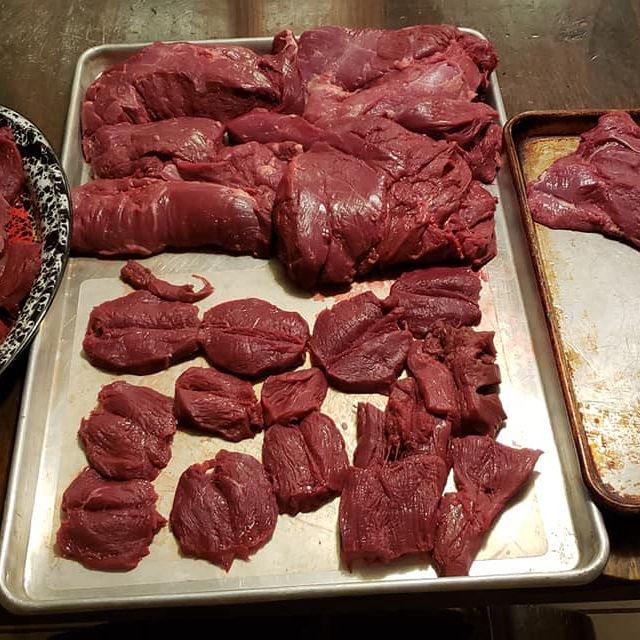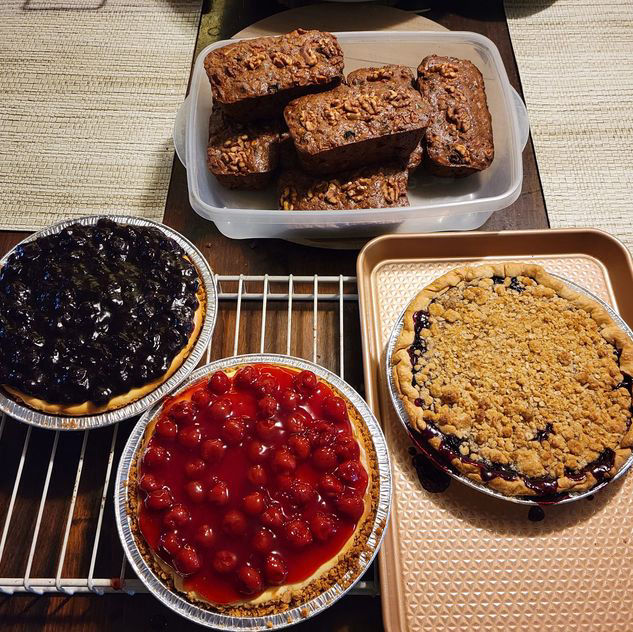
It all starts at Home
Homesteading is a way of life that starts at home, with a commitment to living in harmony with God's creation and cultivating sustainability. By creating a homestead, individuals and families can establish a self-sufficient and self-reliant lifestyle that is rooted in faith and a connection to the land.
One of the key aspects of homesteading is the practice of trapping and hunting as a means of obtaining meat and protein. This can be a sustainable and ethical way of sourcing food, as it allows for a closer relationship with the natural world and a deeper appreciation for the value of life.
By utilizing these resources, homesteaders can reduce their dependence on commercial agriculture and factory farming, which can be harmful to the environment and often involve cruel treatment of animals. Instead, they can take a more responsible and respectful approach to sourcing their food, ensuring that it is both healthy and sustainable.
Of course, homesteading involves much more than just trapping and hunting. It also involves practices such as gardening, canning, baking, and other forms of food preparation, as well as raising livestock, generating energy, and creating shelter.
By focusing on these practices and cultivating a deep connection to the land and to God's creation, homesteaders can establish a sustainable way of life that is both fulfilling and meaningful. They can reduce their impact on the environment, take responsibility for their own well-being, and honor God's call to be good stewards of the earth.

